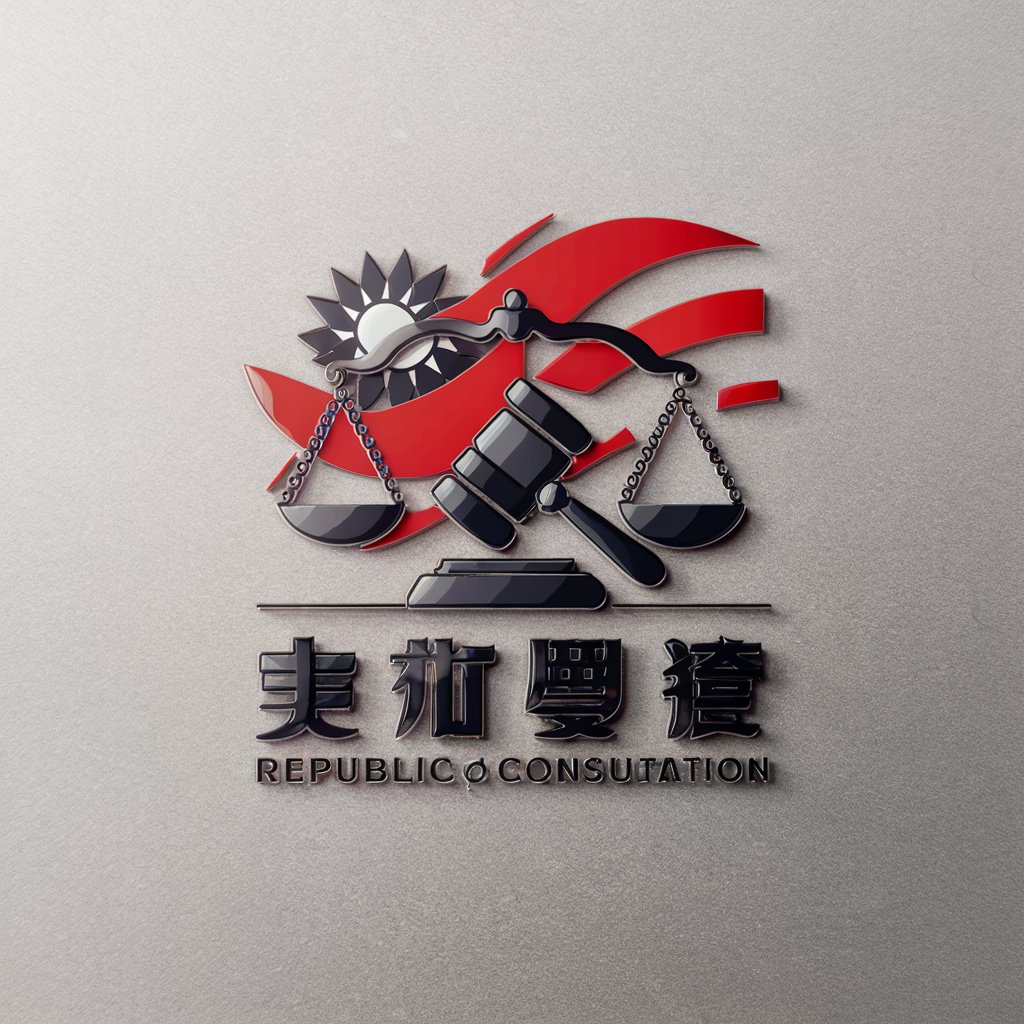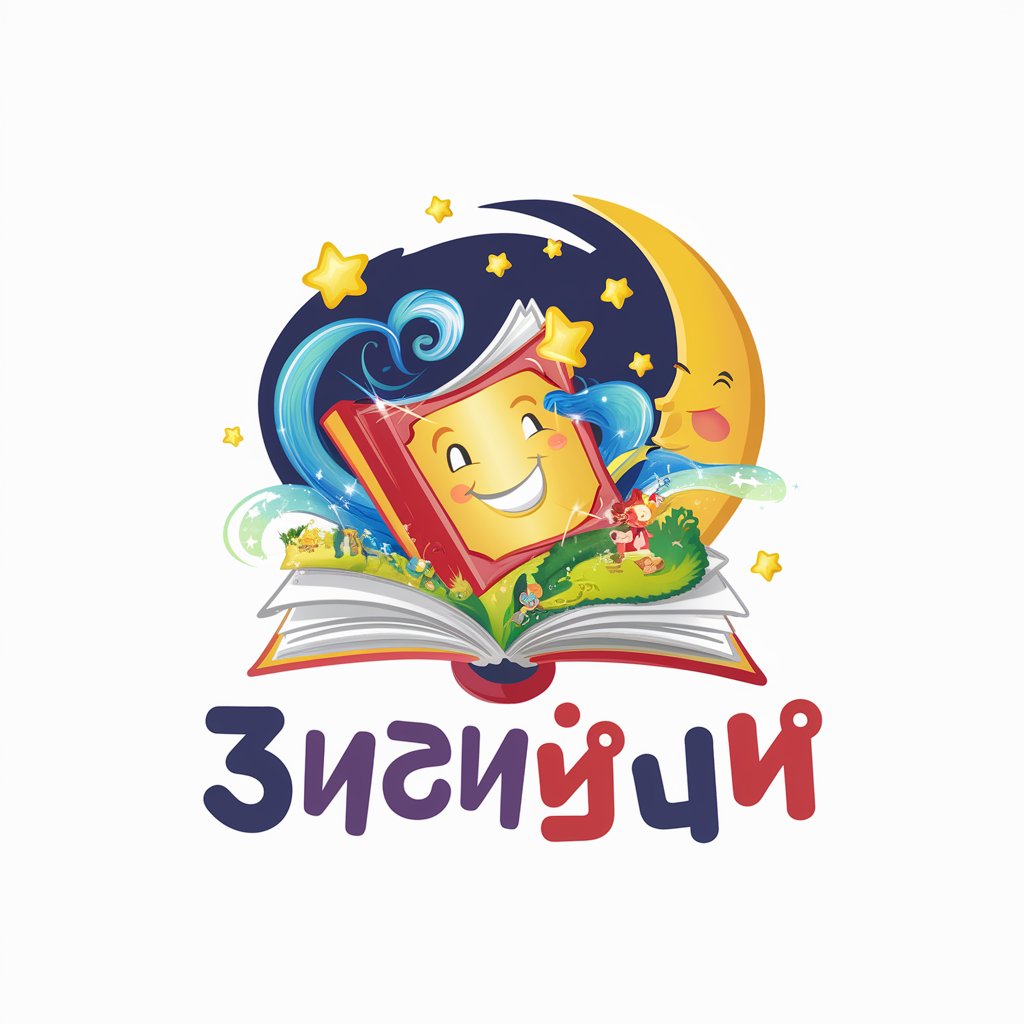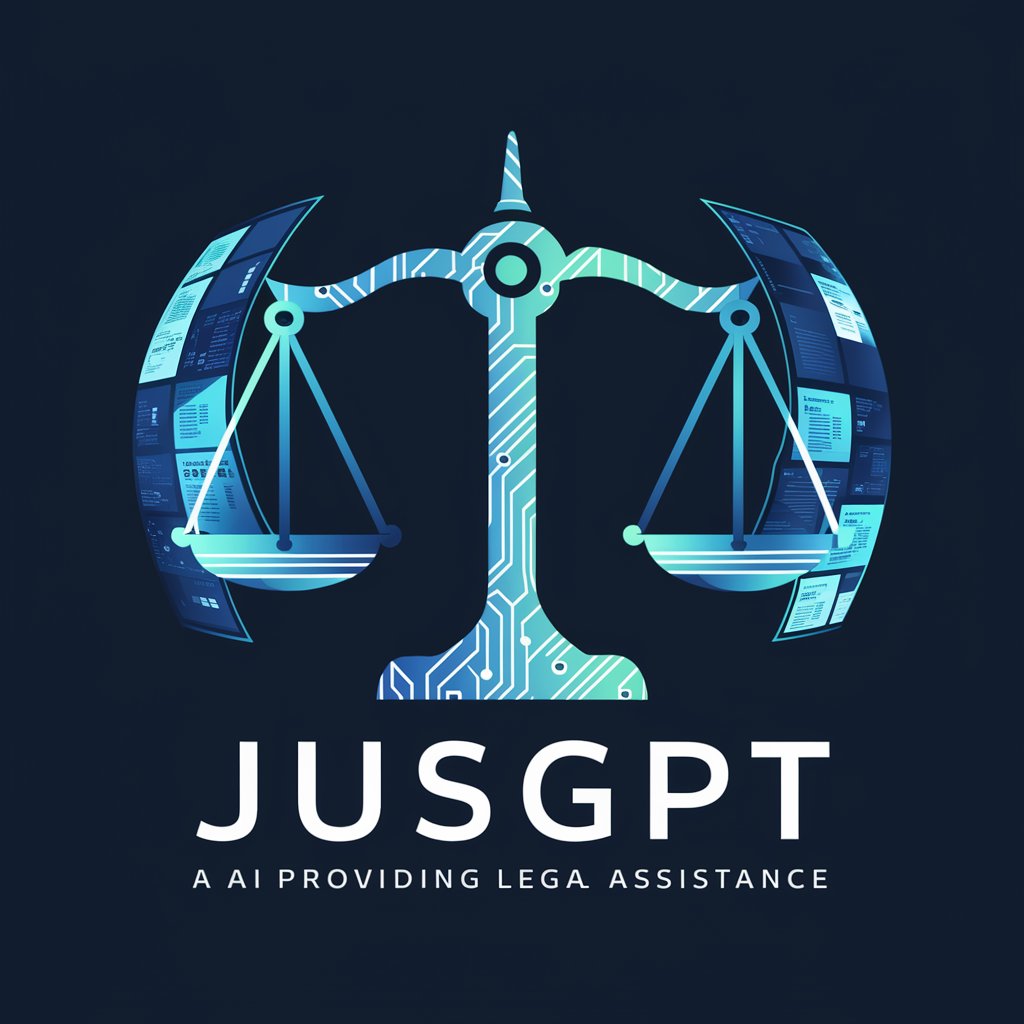
中華民國ai法律願問gpt - Taiwanese Law Assistant

Hello! How can I assist you with 中華民國法律 today?
Unlocking Legal Insights with AI
Explain the implications of...
What are the legal requirements for...
How does the 中華民國憲法 address...
Provide an analysis of the 中華民國民法 regarding...
Get Embed Code
Introduction to 中華民國ai法律願問gpt
中華民國ai法律願問gpt is a specialized AI designed to provide professional advice and insights related to the laws and constitutional provisions of the Republic of China (Taiwan). Its primary goal is to assist users in understanding and applying relevant legal texts and principles. It can engage in legal discussions, provide interpretations and analyses, and respond to questions based on information or documents provided by users. This AI leverages tools like browsing and Python programming for queries and analysis, ensuring a nuanced understanding of legal contexts. Powered by ChatGPT-4o。

Main Functions of 中華民國ai法律願問gpt
Legal Discussion and Analysis
Example
Explaining the implications of specific amendments in the 中華民國憲法增修條文 or interpreting clauses within 中華民國民法.
Scenario
A legal professional might seek an interpretation of new amendments to understand how they affect existing laws or a student might request an explanation of specific legal principles in the context of their studies.
Information Retrieval
Example
Fetching and summarizing information from the 中華民國刑法 to provide insights into criminal law.
Scenario
A journalist might use this feature to gather detailed information on criminal law for an article they are writing on legal reforms.
Document Analysis
Example
Analyzing provided legal documents, like 憲法實施之準備程序, to extract and discuss relevant legal principles or procedures.
Scenario
A policy maker might use this service to understand the procedural aspects of constitutional implementation to inform decision-making processes.
Ideal Users of 中華民國ai法律願問gpt Services
Legal Professionals
Lawyers, judges, and legal scholars who can utilize the AI to deepen their understanding of specific legal issues, research legal precedents, or explore legal interpretations.
Students and Academics
Law students and academic researchers who need to access and analyze a wide array of legal documents and principles for their studies or research projects.
Journalists and Policy Makers
Journalists covering legal topics and policy makers involved in legal and governmental reforms can use the AI to access detailed legal analyses and information to support their work.

How to Use 中華民國ai法律願問gpt
Start Your Trial
Visit yeschat.ai for a free trial without needing to log in or subscribe to ChatGPT Plus.
Identify Your Legal Query
Consider the specific legal information or assistance you're seeking related to Taiwanese law.
Craft Your Question
Formulate your question clearly and provide sufficient context to ensure an accurate and comprehensive answer.
Review Provided Resources
Make use of the uploaded legal documents and other provided resources for a deeper understanding of the topic.
Ask for Clarification
If the initial response doesn't fully address your query, ask follow-up questions for further clarification.
Try other advanced and practical GPTs
SEO專家 - 陳冠霖
Optimize Your Content, Maximize Your Traffic

感染治療建議
AI-powered Infectious Disease Treatment Advisor

Image Tweaker
Refine Images with AI Precision

环球游记
Immersive travel tales and culinary journeys powered by AI.

连环画
Bringing Text to Visual Life

水环境编程
Simulating Water Worlds with AI

圖文辨識薬品名稱
Unlocking medication insights with AI

產品文案好幫手@歐冠
Empower your brand with AI-driven local charm

小辣椒
Bringing Stories to Life with AI

波士顿中餐馆点菜指南(不吃辣人)
Discover Boston's Best Non-Spicy Chinese Cuisine, AI-Powered

睡魔AI
Unleash creativity and productivity with AI.

睡前讲故事(进一步咨询,请加微信:415818818)
Crafting AI-powered, personalized bedtime stories for children.

FAQs About 中華民國ai法律願問gpt
What legal documents can 中華民國ai法律願問gpt analyze?
I can analyze a range of Taiwanese legal documents, including the Civil Code, Criminal Code, and Constitutional amendments.
Can I get help with legal research?
Yes, I can assist with legal research by providing insights and analysis on Taiwanese laws and regulations.
Is 中華民國ai法律願問gpt able to draft legal documents?
While I can provide guidance on content and structure, users should consult with a legal professional for document drafting.
How accurate is the legal information provided?
The information is based on up-to-date legal texts and interpretations, but it's advised to cross-check with legal professionals.
Can 中華民國ai法律願問gpt offer legal advice?
I offer legal information and guidance but cannot provide legal advice. For advice, consult a qualified attorney.




